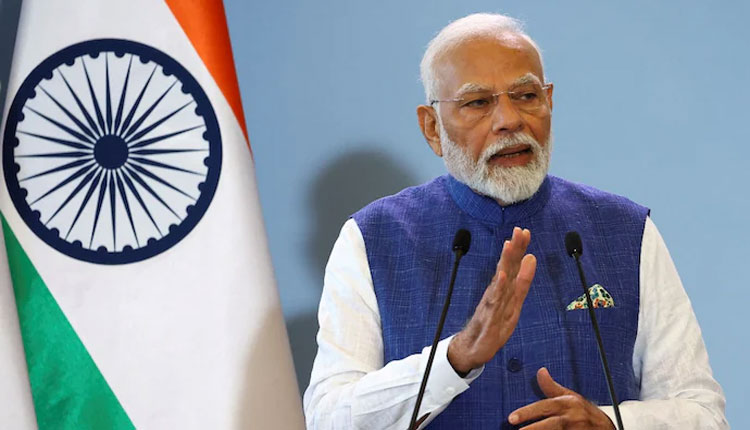NewDelhi: In its ongoing efforts to streamline governance, the Modi government is preparing to forcibly retire corrupt and inefficient officials and employees. Prime Minister Narendra Modi has instructed ministers and secretaries to work in “mission mode” to ensure transparency in the operations of their respective ministries. This directive was delivered during a cabinet meeting, where the Prime Minister emphasised the need to accelerate the anti-corruption campaign.
The Prime Minister referred to the Central Civil Services (CCS) rules and directed central secretaries to evaluate the performance of employees and take swift action against those with complaints. He further underscored the importance of a government that works honestly, noting that such a government is rewarded by the people during elections. He cited the recent electoral successes of the BJP in Haryana and Jammu & Kashmir as examples.
Fast-tracking Complaint Resolutions
Sources indicate that PM Modi urged officials and ministers to ensure that files are not passed from one desk to another unnecessarily but are resolved promptly. He also directed officials to dedicate one day a week to addressing public grievances and monitoring the progress of state ministers. Furthermore, the Prime Minister stressed that officials and employees should work towards making life easier for the people, with a focus on resolving complaints swiftly.
The People Expect More from this Government
PM Modi stressed that officers identified as corrupt or lazy should be removed from service. Sources revealed that over the past decade, the Prime Minister’s Office (PMO) has received 45 million letters from citizens regarding complaints, in stark contrast to the 500,000 letters received during the last five years of former Prime Minister Manmohan Singh’s tenure.
The Prime Minister highlighted that people have higher expectations for the resolution of their complaints. Of these cases, around 40% were related to central government departments and agencies, while the remaining 60% concerned state governments.



Comments are closed.